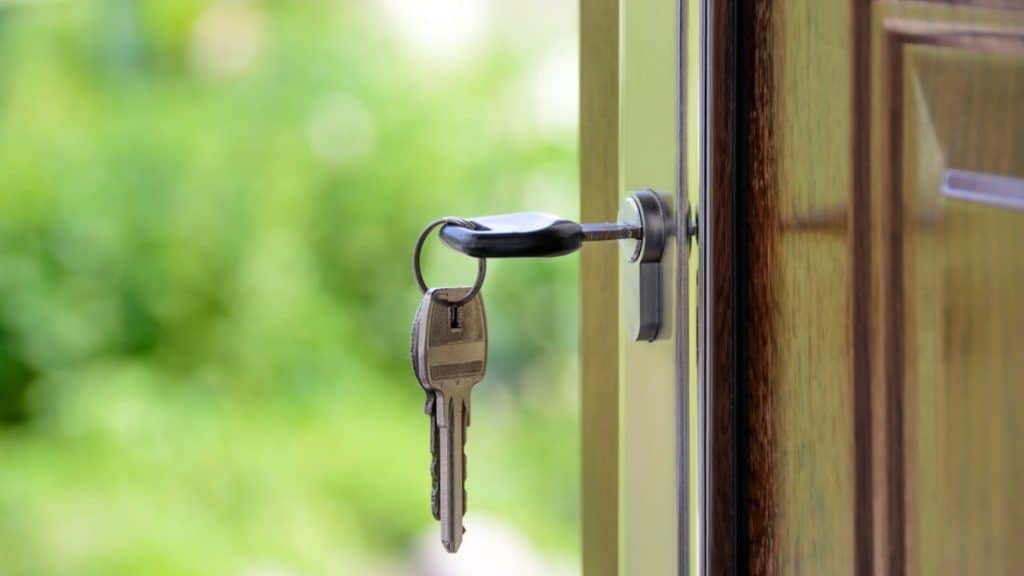In today’s fast-paced and highly competitive rental market, technology has become an indispensable ally for property managers. The right technological tools not only streamline operations but also enhance the overall guest experience and improve the maintenance and management of properties. From automated booking systems to sophisticated property management software, technology is transforming the landscape of property management by making tasks more manageable and efficient. This article explores how various technological innovations are simplifying the complexities of property management.
Automated Booking Systems
Automated booking systems are at the forefront of technology’s impact on property management. These systems handle reservations and manage calendars with minimal human intervention, ensuring that availability is updated in real-time and booking conflicts are significantly reduced. For property managers, this means less time spent on manual updates and more time available for other critical tasks. Automated systems also provide potential guests with a seamless booking experience, improving satisfaction and increasing the likelihood of repeat business.
Property Management Software
Advanced property management systems offer comprehensive solutions that significantly enhance the efficiency and scope of property management. Integrating these systems into daily operations allow property managers to oversee multiple aspects of their business from a centralized platform. They streamline guest communications, simplify the handling of maintenance requests, and facilitate efficient payment processing. Utilizing software, like Escapia, not only saves time but also increases the accuracy of record-keeping and financial management, allowing managers to maintain high standards of service and operations.
Mobile Applications
Mobile technology has revolutionized many industries, and property management is no exception. Mobile applications allow managers to carry out a multitude of tasks directly from their smartphones or tablets, no matter where they are. Whether it’s sending out a last-minute notification to cleaning staff or updating a booking status on the fly, mobile apps make these tasks quick and easy. This level of flexibility is invaluable for property managers who need to be responsive and adaptable to maintain high levels of service quality.
Online Payment Systems
Online payment systems enhance the financial dealings within property management by providing a secure and convenient way for transactions to be processed. These systems support a variety of payment methods, including credit cards, PayPal, and bank transfers, making it easier for guests to make payments. For property managers, this means faster receipt of funds, reduced errors in payment processing, and detailed records of all transactions. Additionally, the security features inherent in these systems help protect sensitive financial information, a critical concern for both managers and clients.
Digital Marketing Tools
In the competitive field of property rentals, effective marketing can make all the difference. Digital marketing tools enable property managers to create a strong online presence, attract more guests, and fill vacancies faster. Automated marketing campaigns, search engine optimization, and social media management are just a few examples of how these tools can be used to promote properties. By leveraging these technologies, managers can target the right audiences and gain valuable insights into the performance of their marketing strategies through analytics.
Smart Home Technology
Incorporating smart home technology into property management can significantly enhance operational efficiency and guest satisfaction. Devices like smart thermostats, smart locks, and security cameras can be controlled remotely, allowing property managers to adjust settings in real-time for optimal energy conservation and enhanced security. This not only helps in reducing utility costs but also provides a more personalized experience for guests. Additionally, the convenience of keyless entry with smart locks reduces the hassle of key exchanges and enhances the safety of the property, making it a desirable feature for both managers and renters.
Reporting and Analytics
Modern property management systems come equipped with reporting and analytics capabilities that provide invaluable insights into business operations. These tools can track everything from occupancy rates and revenue patterns to guest preferences and seasonal trends. With access to real-time data, property managers can make informed decisions that drive improvements in service and operational efficiency. Analytics also aid in identifying areas for cost reduction and potential investment, ensuring that managers are not only meeting but exceeding business objectives.
Customer Relationship Management (CRM) Systems
CRMs play a vital role in enhancing tenant and owner relations in property management. These systems store all customer interactions, providing a comprehensive view of each customer’s details, preferences, and history with the property. This information can be used to tailor communications and offers, improving customer satisfaction and loyalty. Additionally, CRMs automate tasks like billing, reminders, and feedback collection, streamlining operations and ensuring consistent service delivery.
Training and Support Tools
Technology also benefits property management teams through training and support tools that help maintain high standards of service. Online training platforms and digital manuals provide staff with easy access to training resources, ensuring they are well-informed and capable of handling various operational challenges. Support tools like online ticketing systems and knowledge bases help resolve issues quickly and efficiently, keeping the team’s performance on track and minimizing downtime.
Automated Inventory Management
Effective inventory management is crucial for maintaining a well-stocked property and ensuring that all guest amenities are available upon arrival. Automated inventory systems can track the usage and replenishment of supplies such as linens, toiletries, and kitchen essentials in real time. This technology alerts property managers when items are low and need restocking, which can prevent shortages and ensure that properties are fully prepared for new guests. Automated systems can also integrate with suppliers for direct ordering, further simplifying the procurement process and reducing the administrative burden on property managers.
Conclusion
The impact of technology on property management is profound and multifaceted. From streamlining daily operations with smart home devices to enhancing customer relationships through sophisticated CRM systems, technology provides the tools necessary for modern property managers to succeed. By embracing these innovations, managers not only improve their operational efficiency but also enhance the overall guest experience, which is crucial in today’s competitive market. For those looking to stay ahead in the property management industry, leveraging these technological solutions is not just an option; it’s a necessity.
